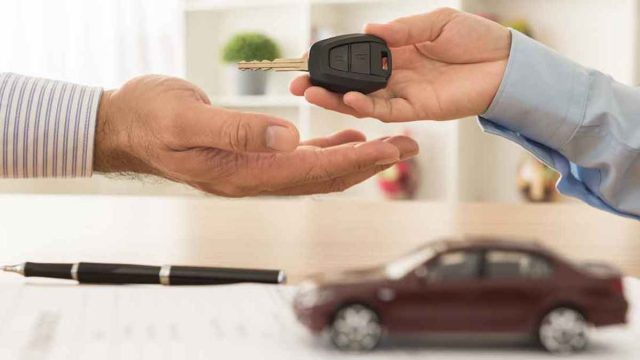When it comes to buying a second-hand car, making sure you have the necessary information to hand is hugely important. In line with this, we’re looking at all the most integral things you should know when buying a second-hand car. In doing so, this will ideally give you the knowledge you need to make the right decision for your own vehicle purchase.
All You Need to Know When Buying a Second-Hand Car
Contents [show]
With used car purchases being an increasingly popular option, there’s a lot to love about this approach. But why is this – and how can you get the most from the purchase?
Checking the Authenticity of Second-Hand Car Sales
Unfortunately, not all second-hand listings are entirely honest. Thus, if you need to check the authenticity of a second-hand car sale, getting a vehicle check to reveal the history is one of the most obvious ways to go about this.
Vehicle checks provide a wide range of useful information, including the following points:
- Past MOT history
- Recorded mileage records
- Stolen status
- Write-off status
- Financing information
The points we’ve outlined are just a few of the great ways a car history check can help you learn more about a vehicle. And, crucially, this information can help you verify a seller’s claims about a vehicle, giving you more confidence in the purchase.
The Benefits of Buying Second-Hand
There are many benefits of buying a second-hand car. Some of these include:
- The car has already depreciated in value, meaning you’ll lose less compared to buying new
- You can potentially get “more for your money” when buying a used model
- Second-hand cars are already tried and tested! With this thought in mind, there’s less chance of a major manufacturing fault that could stop it being useable (although wear and tear needs to be taken into account)
Things to Look For When Buying a Second-Hand Car
By now, we’ve clarified why buying a used vehicle is such a populr option. But what should you be looking for? Well, always make sure that you’ve asked for the following documents and information from the seller:
- Ask to see all documentation relating to the vehicle
- Check whether the car has been involved in any accidents during the seller’s ownership
- Try to ask the seller what they like about the vehicle and if there are any possible faults
- Consider the mileage to see whether the car is likely suitable for your needs
- Confirm with the seller how the car was used; for example, did it make lots of short or long trips during its lifespan? Has it been used extensively for towing heavy loads?
The information above can all be hugely important for verifying the vehicle sale and helping you understand whether the car will likely be a good investment. But, of course, there’s always the risk of the seller not being genuine, so checking their claims before handing over the money is crucial.
Get Started with Your New Car!
There’s no doubt that second-hand cars can offer a lot of great benefits. However, be sure you’ve fully verified the vehicle before buying to avoid getting caught out.


